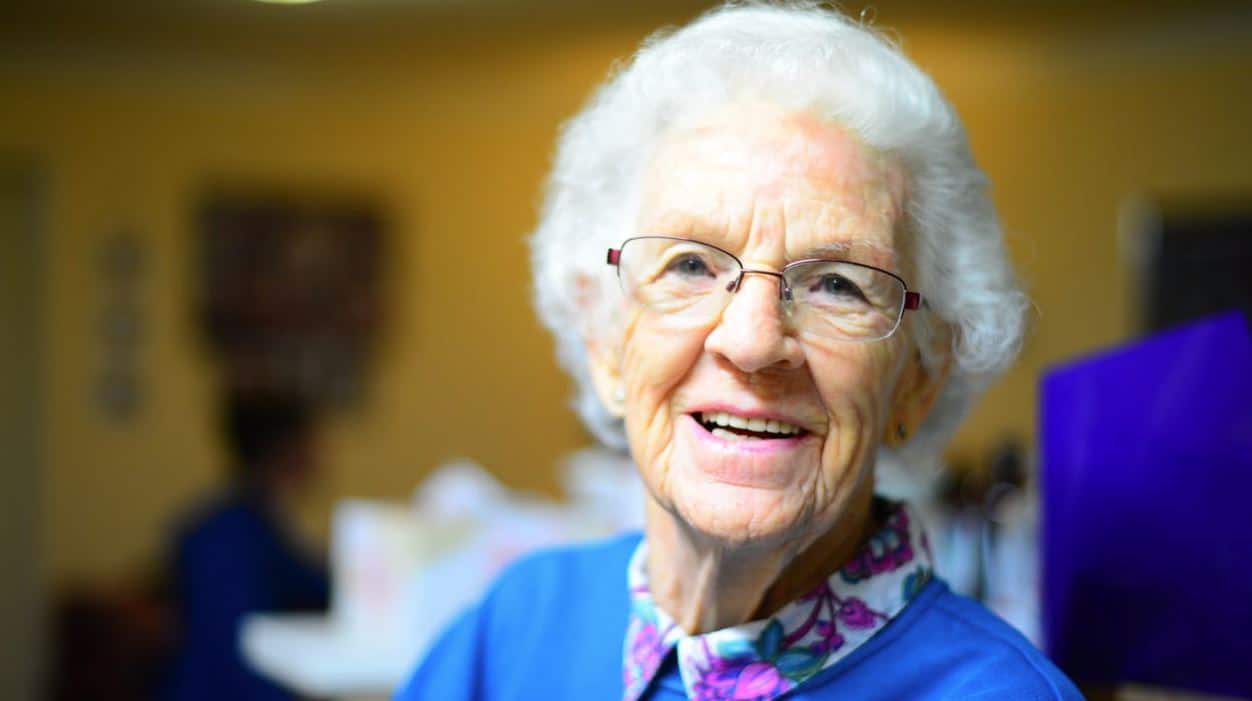
Osteoporosis is the condition where a person’s bones have lost density. The word means “porous bone,” and for good reason: there is more open space within the bone, making it much weaker and more brittle. People with severe osteoporosis can break bones in a fall, or fracture them from a sneeze or strong bump, and it’s difficult for this damage to heal. Nearly 30 percent of those over 65 have osteoporosis of the spine. If you’re living with someone who suffers from this problem, here are some things you can do to make their lives easier.
Don’t Smoke
Smoking is bad for the entire body, especially lung and cardio health. But it’s also bad for the bones because nicotine and other chemicals produced from burning tobacco impair your body’s ability to store and use calcium, the chief mineral required for bone health. Even e-cigarettes normally contain nicotine. Avoid smoking around anyone suffering from bone loss.
Help around the House
If your loved one’s condition is moderate to severe, they’ll have difficulty doing many household chores. In very severe cases, they may have difficulty moving about at all. With any sort of heavy work, including lifting and carrying buckets, vacuums, or gallons of cleaner, or even scrubbing walls or dishes, there’s always a risk of bone damage. Take an active part in household chores and be sure to take the harder tasks yourself.
Good Nutrition
The most important nutrient for bone health is calcium. This can be found in dairy foods like milk, eggs, and cheese. But osteoporosis sufferers may need higher amounts, and more consistently. Your best bet is to provide your loved one with calcium supplements from a company like AlgaeCal. Calcium supplements cannot singlehandedly reverse osteoporosis, but they can definitely increase bone density and alleviate osteoporosis.
Assist with Mobility
Moving around the house can be difficult, let alone having any kind of social life outside the home. Provide any assistance you can, like getting out of bed, or helping them in or out of the car. Put handrails around the toilet, tub, and in the shower. Try to provide any mechanical assistance they need, such as canes, walkers, wheelchairs, or stair lifts, so they can move freely as well as they’re able to.
Emotional Support
This is key to maintaining a positive outlook. Osteoporosis sufferers are more likely to be depressed or frustrated as their mobility and usefulness fade. Help them deal with it by keeping them engaged with their interests and activities, like religious services, hobbies, games, going for walks, and above all listening and showing compassion when their spirits are down.
Osteoporosis affects millions of Americans as they age. Good nutrition and regular exercise can help minimize the risks, but supporting your loved one will be essential to their quality of life.
Emma Sturgis
Recent Posts
- Castor Oil For Better Hair Growth: Is It Myth Or Fact?
- Exploring the Differences Between Sermorelin, Ipamorelin, Ibutamoren, GHRP2, and GHRP6: Understanding Their Role in Human Growth Hormone Regulation
- Unraveling the Mystery: Understanding the Causes and Prognosis of Ventricular Tachycardia Without Apparent Heart Disease
- Understanding Grandparents’ Rights in Oklahoma: Navigating Visitation and Legal Protections
- 10 Reasons to Consider Hypnotherapy for Your Health

